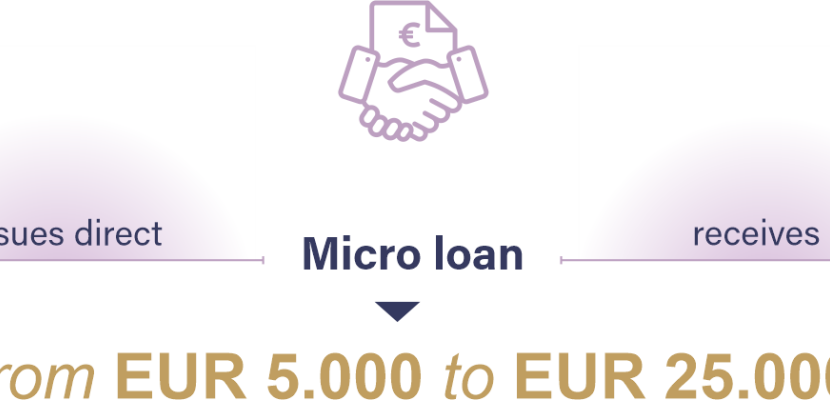
P7 – Microcredits for micro and small enterprises, also for social enterprises

About this good practice
On 24 November 2017, the Ministry of Economic Development and Technology (now Ministry of economy, tourism and sport) and SID Bank created the first Fund of Funds for the use of European cohesion funds.
The Ministry appointed SID Bank as the manager of the Fund of Funds, which will receive €234.73 million from the European Cohesion Funds available to Slovenia in the 2014-2020 Financial Perspective until 2023 to finance development and entrepreneurship.
The Slovenian Enterprise Fund (SEF) acts an intermediary for the micro-lending line for SMEs under the Fund of Funds. Their practice of announcing calls for microloans is highly commendable and beneficial to the local economy.
The Fund adapts the dynamics of the calls to the funds available from the repayments of micro-loans already granted. These are direct loans s for financing small investments and working capital for current operations and liquidity (5.000-25.000 € microloans/ enterprise):
• fast and easy acquisition
• very affordable
• lower interest rate
• possibility of a moratorium
• longer loan maturity
• no approval costs
• tailored to needs of SMEs and social enterprises: that have difficulty accessing traditional banking services for target groups (problem areas, COVID recovery)
• however, 100 % of eligible costs may be financed for investment in tangible or intangible fixed assets and for the costs of materials, merchandise, services and labour.
There is also a special call for Microloans in border problem area.
Expert opinion
Resources needed
SEF has added other/own resources to the resources of the Fund of Funds to provide a total of €84.31 mio (including 45.25 in 2018 and 37.29 in 2020) to micro and small enterprises as microloans by the end of 2023. It has also granted 62 million so-called "MSME" loans until the end of 2023.
Evidence of success
In Year 2023 1.227 micro and small enterprises received a loan. The call was confirmed for 2024. The amount of funding available for the call for proposals is EUR 10.000.000, 00.
Potential for learning or transfer
Transferability of this practice to other regions would depend on various factors, including regulatory frameworks, financial resources, and the presence of supporting institutions. Successful implementation may require careful adaptation to local contexts and collaboration among relevant stakeholders. However, the principles of structured funding, targeted support, flexibility, adaptability, and transparency can serve as guiding principles for similar initiatives elsewhere.
Further information
Images

Website
Good practice owner
You can contact the good practice owner below for more detailed information.

